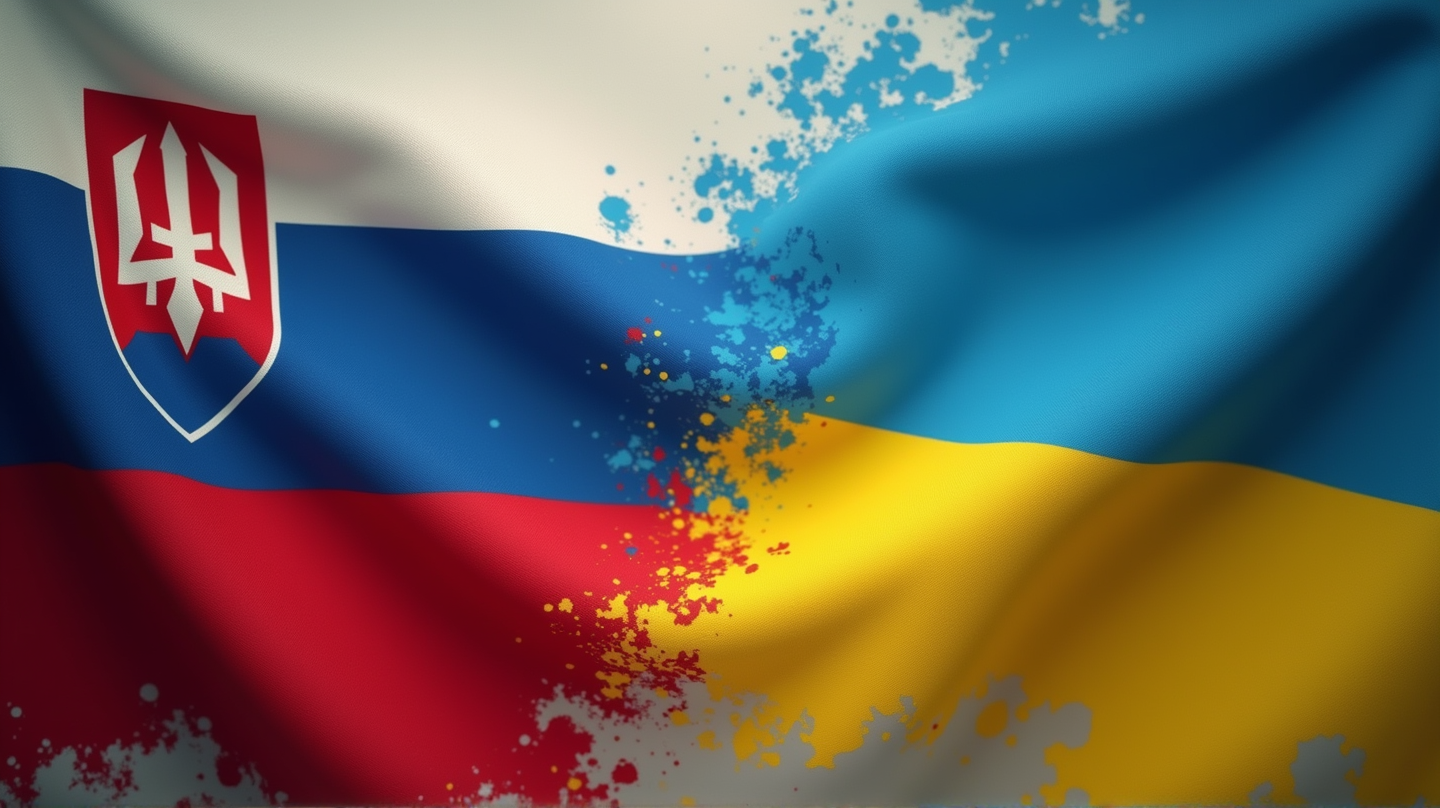Will Slovakia's Demand for Ukraine's Compensation Shake EU Relations?
Slovakia wants compensation from Ukraine for financial aid, fueled by EU-US agreements and fairness in international relations.

In a bold move that could reverberate through European diplomacy, Slovakia has announced its intent to demand financial compensation from Ukraine for the significant financial aid it provided during recent difficulties. According to Online.ua, the Slovak National Party (SNS) believes Slovakia deserves compensation akin to that which Ukraine agreed with the United States.
A Call for Fairness in International Aid
The SNS, led by Andrzej Danko, has championed the cause, urging Slovak Prime Minister Robert Fico to spearhead efforts within the European Union. Their argument hinges on the significant financial support Slovakia rendered to Ukraine, which, according to the nationalists, exceeds three billion euros. In essence, the SNS is advocating for a fair quid pro quo arrangement in international relations, emphasizing that just as the U.S. enjoys rights over Ukrainian mineral wealth, so should Slovakia receive appropriate compensation.
Concerns Over Resource Distribution
Particularly poignant was Zuzana Škopcová’s statement to TASR on May 24. She highlighted a perceived imbalance: while Ukraine’s agreement with the United States over mineral resources might satisfy American interests, it’s seen as inadequate for European partners. Slovakia, in this view, is merely advocating fairness, preventing a scenario where it is left out of potential benefits tied to Ukraine’s mineral wealth.
The Official Push for Policy Action
Andrzej Danko plans to confront Finance Minister Ladislav Kamenicky on May 26, requesting a detailed account of Slovakia’s aid to Ukraine and preparation of formal demands for compensation. This move is seen as part of a broader strategy by Slovakia to assert its interests within European power dynamics.
EU Dynamics at Play
With the European Union already contributing nearly as much aid as the U.S., the SNS’s intention to involve the EU Council seeks to leverage European unity in resolving the compensation issue. This development underscores the complexities of international aid agreements, where financial assistance can translate to strategic leverage.
As the SNS pushes for these demands, the European diplomatic landscape could witness significant shifts. The ongoing discussions will not only test the robustness of EU solidarity but also redefine the nature of assistance and compensation among allied nations in times of crisis.
Will Slovakia’s demands lead to a new chapter in European diplomacy, or will it be a fleeting moment in the annals of international relations? Time will tell as the story unfolds in the next EU Council meetings.





